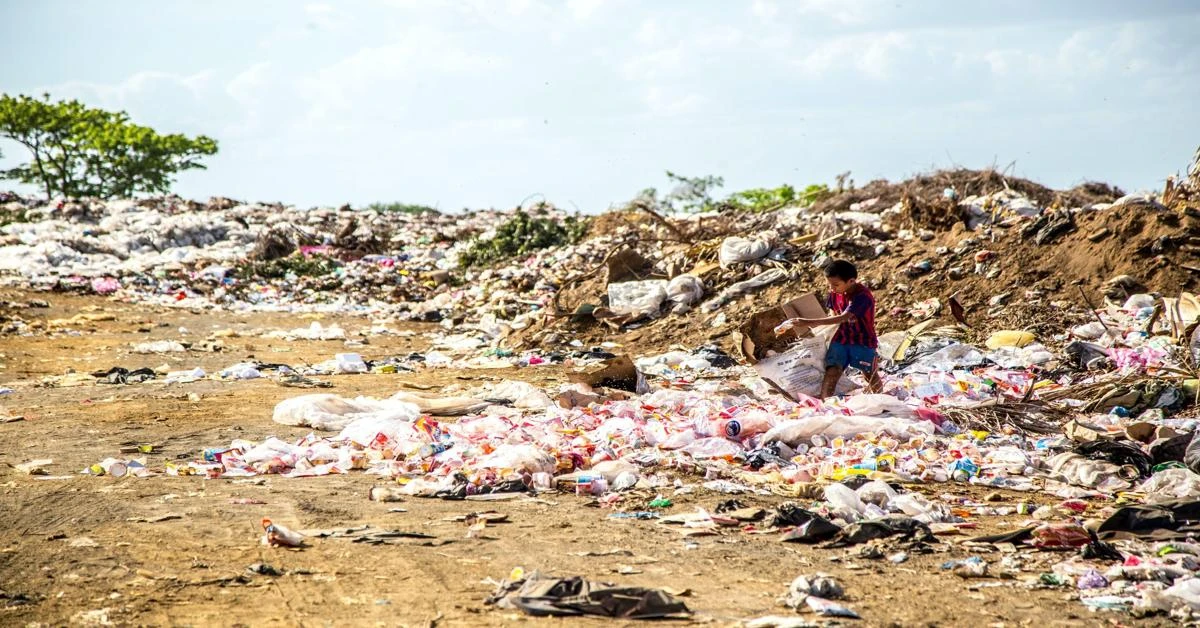Expected increase in plastic production calls for an increase in plastic pollution

Plastic waste will triple by 2060, with production set to consume 20% of global oil by 2040
It’s anticipated that plastic waste could triple by the year 2060. In the span of two decades leading up to 2019, global plastic production saw a doubling. However, projections indicate that by 2040, the manufacturing and processing of plastic could consume as much as 20% of global oil production and exhaust 15% of the yearly carbon emissions budget. Unfortunately, the vast majority of the plastic we manufacture ends up as waste, contributing to environmental degradation in landfills, rivers, and oceans.
Producers often shift responsibility onto consumers by promoting recycling schemes as a solution to plastic pollution. However, recent research has uncovered a direct correlation between plastic production and pollution: 1% increase in plastic production results in a 1% increase in plastic pollution. Notably, over half of branded plastic pollution can be traced back to just 56 companies worldwide, with major players like The Coca-Cola Company and PepsiCo being significant contributors.
The urgency of this issue is underscored by estimates suggesting that by the end of the current decade, an additional 53 million tons of plastic will end up in the oceans annually. This not only poses risks to human health but also threatens other species’ well-being. Plastics can disrupt ecosystems, causing harm to marine life and contaminating groundwater. Economically and socially, plastic pollution exacts a heavy toll, estimated at around $3.8 trillion per year.
Packaging sector alone leads global plastic pollution
Negotiators are currently convening in Canada to develop a legally binding global plastics treaty, recognizing the critical need for action. While plastics were once hailed as a modern marvel, the proliferation of single-use plastics has led to widespread environmental degradation. Today, the packaging sector alone contributes about 36% of global plastic pollution in the form of single-use plastics.
To understand the relationship between plastic production and waste, researchers analyzed global data from litter audits conducted across 84 countries over five years. They found a direct correlation between increased production levels and waste generation. Notably, just 13 companies were responsible for 1% or more of the total branded plastic pollution observed, primarily in the food, beverage, and tobacco industries.
Voluntary commitments from major companies to reduce plastic have proven ineffective, highlighting the need for producer responsibility schemes. Such schemes would shift the onus and costs of plastic waste management away from consumers and onto producers, aligning with the “polluter pays” principle. Countries could set measurable targets to phase out non-essential single-use plastics and invest in sustainable alternatives.
Addressing the issue of unbranded plastic waste requires better data and accountability mechanisms, such as international standards for package branding or open-access databases of plastic producers. By curbing plastic production and promoting sustainable alternatives, we can mitigate the growing threat of plastic pollution and safeguard the health of our planet.
Source: Newsroom



